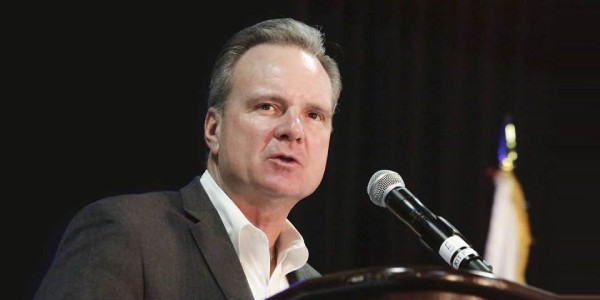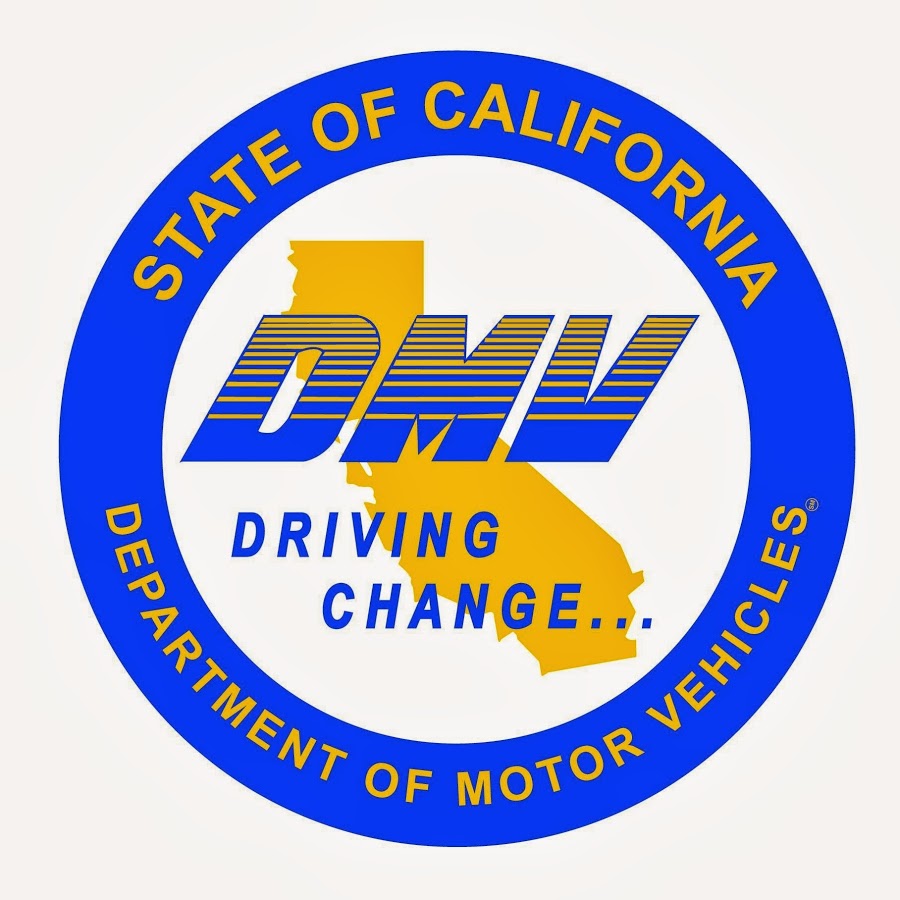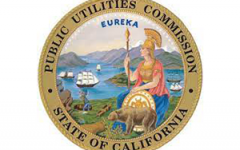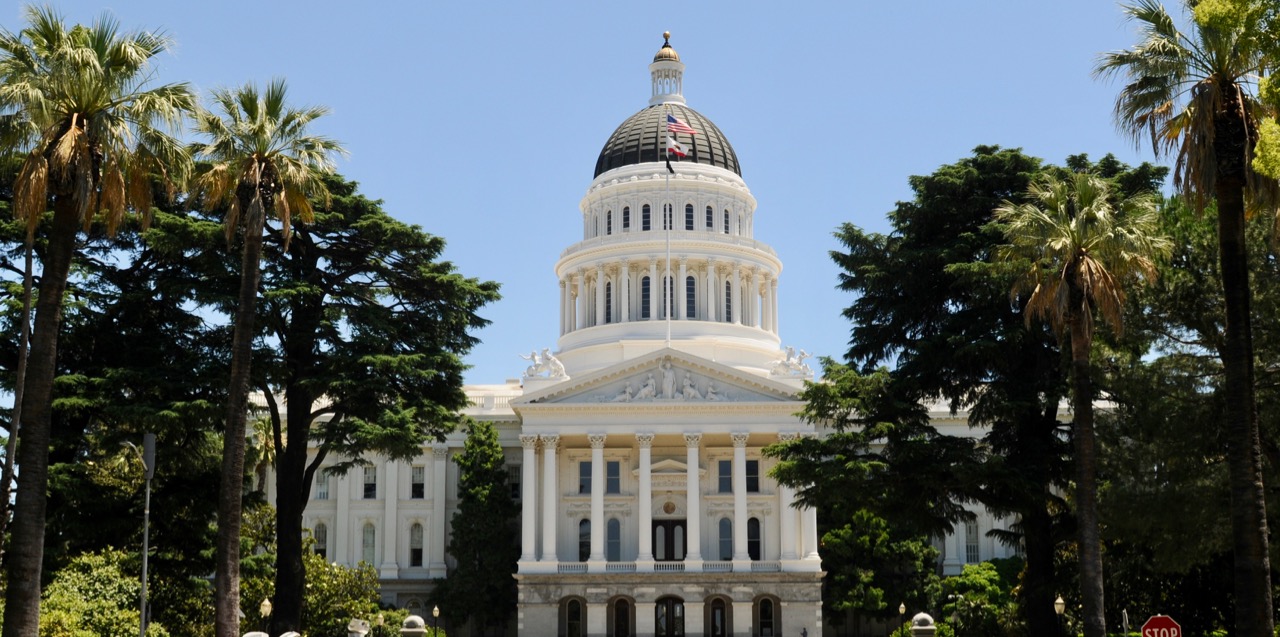
State Senator Dave Cortese (Photo: SCCounty.gov)
Local Robotaxi Regulation Bill Introduced In The Senate
SB 915 backed by multiple lawmakers, Teamsters
By Evan Symon, January 10, 2024 2:30 am
A new bill that would allow city and county governments to impose limits and greater regulations on robotaxi services over state organizations was introduced in the Senate on Tuesday with the backing of the Teamsters union.
For the last few years, robotaxi services, such as GM’s Cruise and Google’s Waymo offshoots, have enjoyed growth throughout California. However, support for the driverless companies waned quickly in the latter half of 2023. While the California Public Utilities Commission (CPUC) did allow expanded services, a growing number of complaints and incidents such as blocking traffic, blocking emergency workers, blocking mass transit, and injuries to passengers because of the cars getting into accidents quickly changed things, most notably in San Francisco and Los Angeles.
Faced with more and more of the public opposing robotaxis, and concerns growing over their safety, Cruise announced on August 22nd that their fleet of robotaxis would be cut in half. Even with the reduced fleet, Cruise incidents still occurred at a high frequency. Those accidents caused large-scale protests to break out statewide against driverless cars and robotaxi services. Only days later on October 25th, the California DMV ordered Cruise to stop all operations in the state because of safety concerns over recent accidents. With San Francisco in doubt, and Los Angeles looking at ways to reign in robotaxis, Cruise announced on October 27th that they would be suspending operations nationwide because of safety concerns. In November, Cruise then announced massive layoffs because of the suspension of operations, GM putting less money into Cruise in 2024, as well as the resignation of Cruise CEO Kyle Vogt and co-founder Dan Kan.
Lawsuits also followed in the next several months, with Cruise announcing massive layoffs in late December as an overall result. Despite this, state agencies CPUC and the DMV continued to be the main regulators. Bills such as AB 316, which attempted to put safety drivers in vehicles such as autonomous trucks, were rejected by Governor Newsom, leading many hoping for more local control on where to go. Unions such as the Teamsters, which were one of the main forces behind AB 316 before the veto, in particular looked for ways to limit automated driving because of both safety reasons as well as self-driving vehicles eating away a chunk of their membership rolls through their large number of driver members.
This led to Senate Bill 915, also known as the Autonomous Vehicle Service Deployment and Data Transparency Act, being introduced on Tuesday. The bill, authored by Senator Dave Cortese (D-San Jose), would empower local governments to protect the public through local governance of autonomous vehicles. Specifically, local governments would be allowed to grant self-driving vehicle permits, as well as enforce traffic laws on autonomous vehicle companies by enacting new local ordinances, as needed, in real-time. In addition, SB 915 would allow each local government to set up its own rules for self-driving vehicles based on local unique needs. Local governments will be able to govern fares on robotaxis and the number of autonomous vehicles on the road.
“City councils and county boards of supervisors adopt ordinances on any given week, nimbly and with local accountability. SB 915 returns control to the local communities who know their streets best,” said Cortese in a statement on Tuesday. “The emergence of autonomous vehicles is an exciting technological development with massive potential upsides for safety and convenience. We must ensure this innovative technology rolls out safely. SB 915 strikes the right balance between responsible technology deployment and public safety. Under SB 915, the rules of the road will continue to be established and enforced by the people who live there.”
“AI in general is coming at us like a booster rocket went off. We don’t have an absolute laissez-faire system where anyone who innovates something can just put it out on the street without regulation. [SB 915] enables cities and counties to do the same things they do with cab service and ride-share around airports. This gets us past square one and into a regulatory environment where local jurisdictions have a say. Because we’re more in a laissez-faire corporate innovative introductory environment right now, there’s a problem of the left hand not knowing what the right hand is doing.”
SB 915 introduced in the Senate
The Teamsters, who backed the bill, also noted that the bill would promote safety as well giving power back to local governments on how to roll out automated vehicles and away from the companies themselves.
“Our streets should not be private laboratories for untested technology,” said Teamsters Vice President Peter Finn. “SB 915 is the common-sense measure to ensure autonomous vehicles don’t operate in a regulatory vacuum, putting lives at risk. Local communities deserve a say in how these vehicles operate on their streets.”
“The Teamsters are not going away on this issue. We cannot outsource the decision on how autonomous vehicle technology is being rolled out to big corporations that have their own specific interest, which is profit.”
While neither Waymo or Cruise responded to the bill on Tuesday, automotive experts warned that too much regulation so early could scare self-driving companies away from California.
“Obviously, many in the state want a closer eye on these companies, and for reasons that aren’t unfounded,” said Charles Berg, a former auto industry advisor, to the Globe. “Cruise, for example, has had real issues in the past year. But this bill, SB 915, really needs to be watched. If every city has their own regulations, it can lead to it all being a huge mess. Say San Francisco has a certain limit on robotaxis, with Daly City having a higher limit and say Oakland having a lower one. When all of them interconnect, what does do. Are companies fined if too many cars are in one place? Would they have to send cars back out to avoid going over limits?”
“And there is so much more. Cortese says he wants to make this like an FAA sort of governing agency in the end, and that is worrying. It’s not about safety at a certain point. As this goes through the legislature this year, be prepared to see a lot of uncomfortable questions to be thrown out there. Also, CPUC may come out and form a self-driving car division, or the DMV does, that could render this bill moot then. It’s still too early on.”
More on SB 915 is expected to come out soon
- San Diego Country Supervisor Jim Desmond Calls San Diego New Epicenter Of Illegal Crossings By Migrants - April 27, 2024
- Oracle Moving Headquarters Out Of Austin Only 4 Years After Moving Out Of California - April 26, 2024
- Congressman Adam Schiff Robbed of his Luggage in San Francisco Car Break In - April 26, 2024




